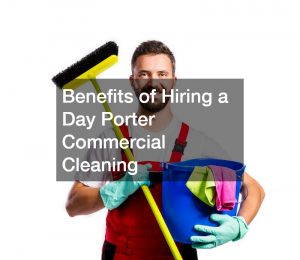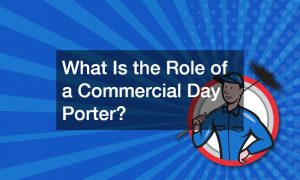
When you look over your current policy, and you notice that pollution liability isn’t covered, what would you do? Even if you’re already covered by other business insurance, you might still be planning to get a separate insurance policy covering pollution.
Several years ago, there has been a rise in claims involving asbestos liability. And this resulted in many insurance companies excluding pollution coverage in their policies.
Nowadays, even small businesses risk being sued for malpractice and pollution. The state government, local government, and other businesses and residents in your area can file claims against you if they find you at fault. And if your company doesn’t have the right insurance, you risk going bankrupt as a result of such claims.
Therefore, you have to make sure you’re covered by pollution liability insurance suitable for your business.
Air Pollutants in the United States
Did you know that reducing the toxic air pollution and emissions produced by industrial plants could potentially save 5,000 lives each year by preventing thousands of heart and respiratory disease cases? Experts predict that by the middle of the century, global warming primarily caused by pollution could put more than a third of the counties in the lower 48 states at great risk of water shortages.
More than 40% of Americans today are greatly concerned about the following:
- Radon
- Refrigerants
- Sulfur oxides
- Particulate matter
- Carbon emissions
- Methane emission
- Tropospheric ozone
- Volatile organic compounds
- Indoor and outdoor air quality
As a result, the following six air pollutants are closely monitored in the United States: particulate matter, nitrogen dioxide, carbon monoxide, lead, ground-level ozone, and sulfur dioxide.
Many businesses must make substantial changes to ensure that they align with the law and regulations regarding clean, breathable air. And if your company belongs to the group, you must have pollution liability insurance so that the associated costs will not be a hassle.
Pollution Liability Insurance and How It Works
Pollution coverage, which is distinct from most insurance policies made for businesses, can protect your company from liabilities arising from pollution-related claims like damages caused by hazardous waste products. Manufacturing companies in the oil, waste depositories, agribusiness, asbestos abatement, and construction industries are examples of businesses that emit toxic waste. Thus, if your company is one of them, you will greatly benefit from having pollution insurance as your coverage can include liability claims involving physical injuries, property damages, diseases, and death.
Apart from the aforementioned benefits, pollution insurance can also help with clean-up costs if the toxic waste substances had contaminated property, soil, or groundwater. It may also protect your business from pollution claims caused by air pollutants emitted by factories and other sources of environmental air damage. Some policies will even cover the costs of investigations and legal fees incurred as a result of the incident.
Who Stands to Benefit from Coverage?
The majority of people believe that this type of insurance is only for big businesses or factories and power plants. It’s so far from the truth, though, as small businesses can also stand to gain from having this coverage.
While industrial manufacturing firms will undoubtedly require insurance since their production process typically involves emitting hazardous waste, even small businesses like beauty salons should have pollution insurance. It may come off as odd, but some products used may contain hazardous chemicals in their ingredients and may result in pollution claims. Garages, dry cleaners, and junkyards are also among the small businesses that may face lawsuits and claims that are pollution-related.
Still, even if your company does not deal with toxic chemicals, you will stand to gain from the security it provides.
Is It Expensive To Insure Against Pollution?
The cost of pollution insurance varies depending on the type of business. Remember that you should not be paying a high premium if your company doesn’t use any hazardous chemicals. However, manufacturing and other businesses that deal with toxic waste must pay higher insurance premiums.
Don’t Let Your Business Fail Due to Pollution Claims
To defend your business against costly pollution claims, make sure to pick the provider who can give you the right kind of protection at an affordable and competitive rate. You can always seek help and advice from liability specialists like Mary Lopatto if you need further assistance. In addition to being an experienced mediator, she’s proficient when it comes to insurance claims involving pollution.





